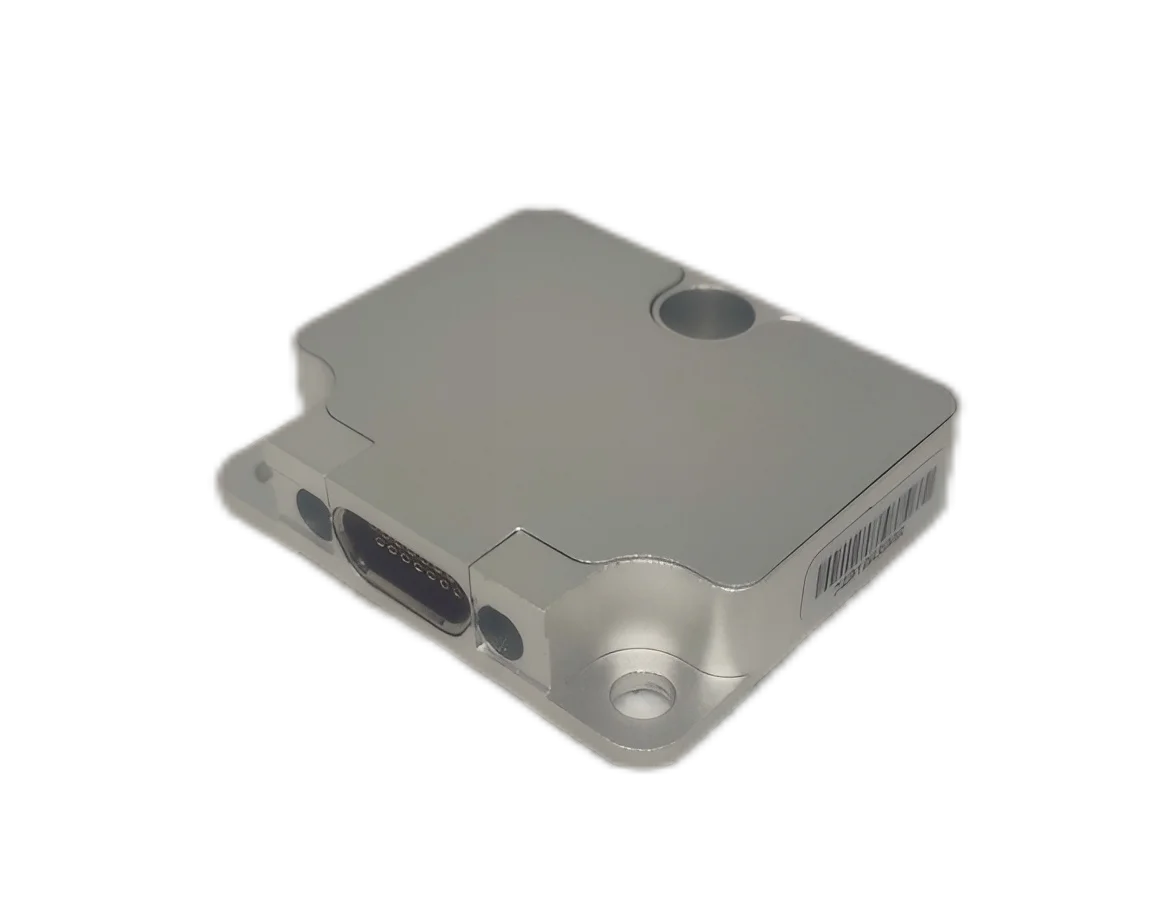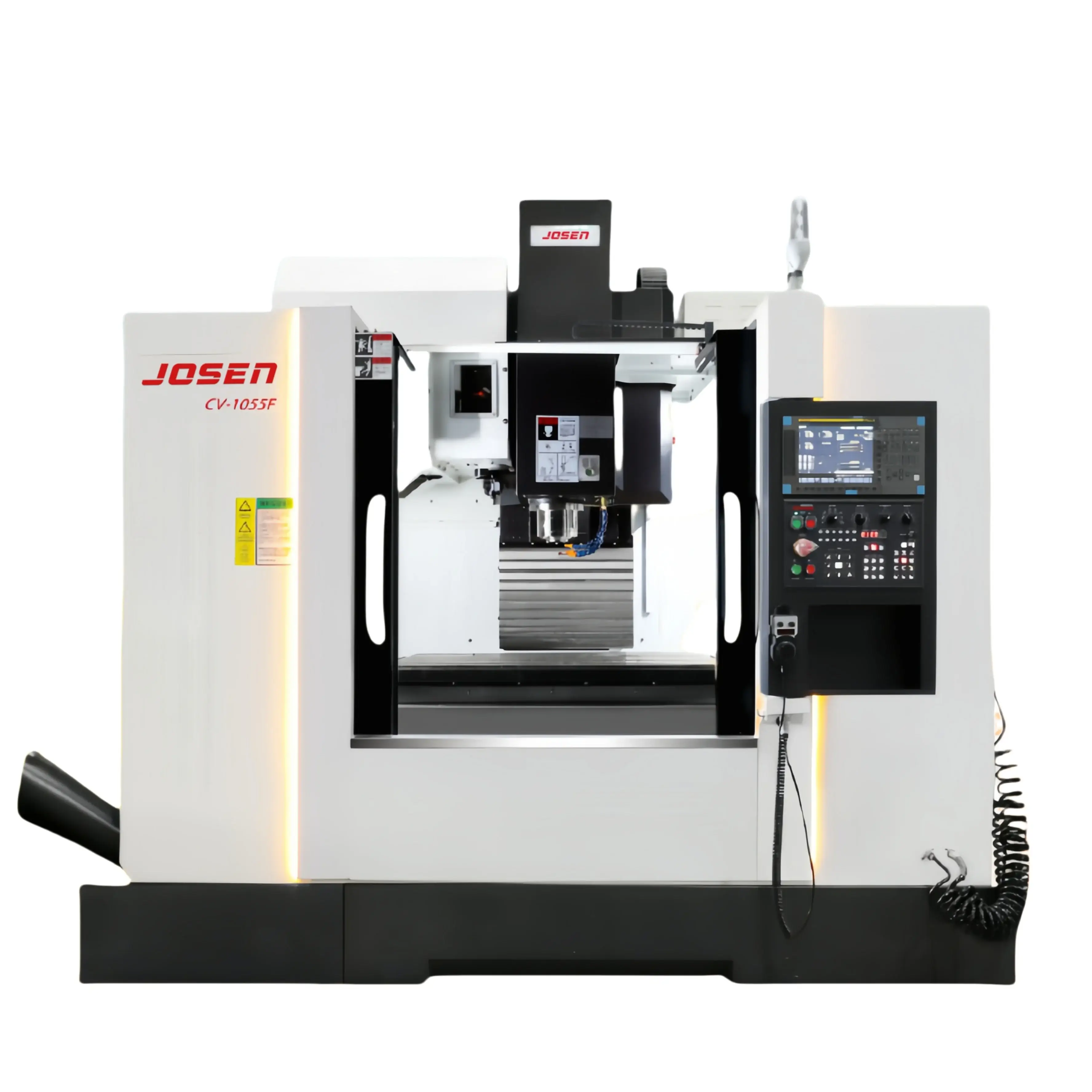Electric fuel pumps have revolutionized the automotive industry by providing efficient and reliable fuel delivery systems. However, like any technology, they are not without their drawbacks. In this blog post, we will delve into the disadvantages of electric fuel pumps, shedding light on their potential limitations and exploring alternative solutions.
- Reliability and Durability:
One of the primary concerns with electric fuel pumps is their reliability and durability. Compared to mechanical fuel pumps, electric pumps are more prone to failure due to their complex electrical components. Factors such as voltage fluctuations, overheating, and wear and tear can lead to premature pump failure, resulting in unexpected breakdowns and costly repairs. - Power Consumption and Efficiency:
Electric fuel pumps require a continuous supply of electricity to operate, which can significantly impact a vehicle's overall power consumption. This increased power demand can strain the vehicle's electrical system, potentially leading to battery drain and reduced fuel efficiency. Additionally, electric fuel pumps may consume more energy than their mechanical counterparts, resulting in higher operating costs over time. - Noise and Vibration:
Another drawback of electric fuel pumps is the noise and vibration they generate during operation. While modern electric pumps have made significant advancements in noise reduction, they still produce a noticeable hum or buzzing sound. In some cases, this can be bothersome for drivers and passengers, especially during quiet moments or long journeys. - Heat Generation and Cooling:
Electric fuel pumps generate heat during operation, which can affect their performance and longevity. Excessive heat buildup can lead to fuel vaporization, causing fuel delivery issues and potentially damaging the pump itself. Adequate cooling mechanisms, such as built-in fans or heat sinks, are necessary to mitigate this problem. However, these additional components can increase the overall complexity and cost of the fuel pump system. - Cost and Maintenance:
Compared to mechanical fuel pumps, electric fuel pumps tend to be more expensive to purchase and maintain. The intricate electrical components and advanced technologies incorporated into electric pumps contribute to their higher price tag. Additionally, if a malfunction occurs, repairing or replacing an electric fuel pump can be more costly than a mechanical pump due to the specialized knowledge and equipment required.
Conclusion:
While electric fuel pumps offer numerous advantages in terms of performance and efficiency, it is essential to consider their disadvantages as well. Reliability concerns, power consumption, noise, heat generation, and higher costs are factors that should be taken into account when evaluating the suitability of electric fuel pumps for specific applications. As technology continues to advance, it is crucial to explore alternative fuel delivery systems that address these drawbacks while maintaining optimal performance and reliability.


